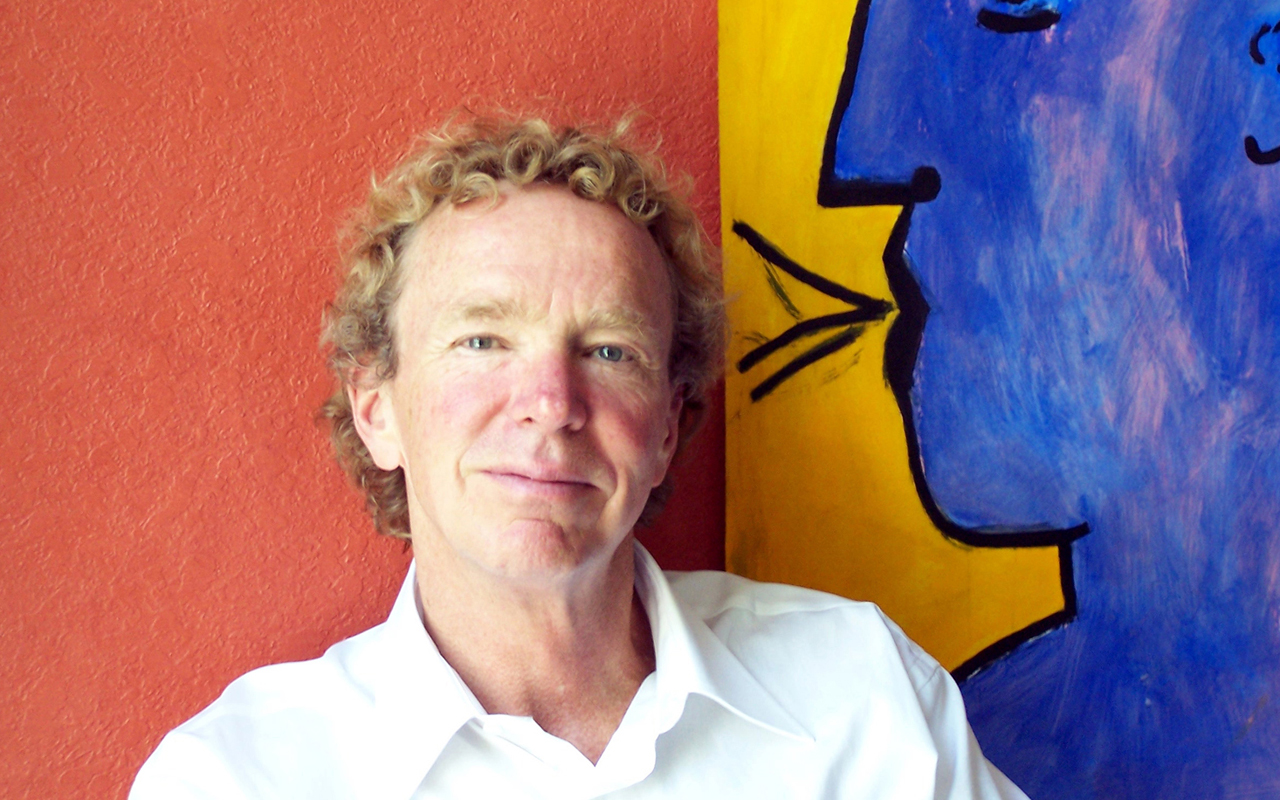
Black American Music
I’m putting the “bottom line” at the top: I can’t imagine life without Black music.
This understanding comes after a chain of consecutive thoughts that started with my preparing to write about how this summer marks 30 years since I first showed up as a volunteer usher at the Earshot Jazz Festival. It also reflects an examination of my own place in today’s world. Being a large, white male in America has allowed me to take a lot for granted, as if the gifts of other cultures were just part of the platter on my table. But It’s ever more clear to me that my life would be not be as full, and that, in fact, America would not be America, without Black culture.
I wasn’t a complete stranger to jazz at the time, but those 1990 MOHAI concerts—with Scofield and Lovano, Don Pullen’s trio with Cindy Blackman (now Santana), and the incredible International Creative Music Orchestra with Butch Morris conducting—pulled me deeper into the core of the music and absolutely opened up my view of the tradition. In these ensuing years within Earshot, including close to 3,000 concerts that we’ve put up, I have been privileged to work with many of the masters of this music, and the bright artists who are dedicated to honoring the momentum of jazz tradition. Over all of it, for me, the beautiful flame at the heart of all Jazz, no matter who plays it, is Black American culture.
Jazz has been a blessing in my life. Thinking about it now, the music has been a deep presence since I became conscious of my choices as a kid, and probably before. Sometimes I think that the private relationship we each have with music is like a special room within the house of our psyche. And each one is different from the one next door. And we can go in there and be who we are, and know that our soul is in there too, and it’s safe. No one can take it away.
I’ve had to build some additions on my house over these many years. It’s a lot bigger than jazz. But when I take a clear look at the music I turn to and draw comfort from, it’s clear that nearly every form is rooted in and indebted to Black brilliance and culture.
It’s been an honor and privilege to be in service to the art form of jazz, which was born from Black liberation. It’s also a position that comes with a responsibility to ask hard questions of ourselves and community, as part of our celebration of the music. Welcome to Earshot Jazz; the eighth edition of this publication’s 36th year. We invite your questions, comments, and, of course, your involvement.
Thank you!
–John Gilbreath, Executive Director